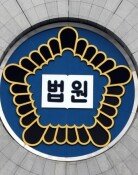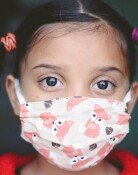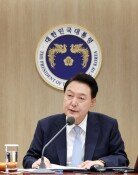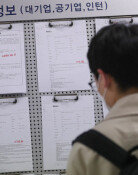Republic of Coffee
Ethiopians were the first in the world to discover wild coffee`s awakening effect in humans. The Arab world began to cultivate coffee in earnest. Alcohol is a drink of emotion that paralyzes reason and exposes the hidden desires and emotions of people. In contrast, coffee is a drink of reason that literally wakes up people and makes them think because of caffeine. It seems that the Arab world banned alcohol consumption but recognized coffee as an alternative. The spread of coffee across Europe went together with the spread of rationalism.
In 1511, conservative religious leaders in Mecca announced a law that banned the sale and consumption of coffee. Faced with resistance from caffeine-addicted residents, Selim I, then sultan of the Ottoman Empire, abolished the coffee ban. In 1532, coffee shops in Cairo were oppressed but coffee consumption did not decrease. The most dramatic event took place in 1605. Certain Catholic believers reported to the Vatican that coffee, which Muslims often drank, was the "devil`s drink." After Pope Clement VIII tasted coffee to make a judgment, he ended up baptizing the drink, however. Composer Johann Sebastian Bach even dedicated a cantata to coffee.
The first Korean to drink coffee was Emperor Gojong. He entered the world of coffee while taking refuge at the Russian consulate after Japanese assassins murdered Empress Myeongseong. Inspired by an episode on Kim Hong-ryuk, the main culprit behind the conspiracy of poisoning the emperor, author Kim Tak-hwan wrote the novel Russian Coffee, which revolves around a woman trying to offer coffee to the emperor. In that novel, there is a scene that Emperor Gojong bumps his lips to the glass while drinking coffee with a Korean female imposter in Russia.
Korea`s imports of coffee reached an all-time high this year, earning the country the nickname "Republic of Coffee." Such imports exceeded 500 million U.S. dollars just one year after breaking through the mark of 300 million dollars. Korean coffee culture has evolved dramatically, from instant coffee with a generous helping of sugar and cream to canned coffee to extract and capsule coffee. According to a survey of 2,065 white-collar workers by an online job placement agency, they were found to drink an average of 3.4 cups of coffee daily. Eighty-eight percent of them also showed withdrawal symptoms when denied the drink. Coffee is no longer a simple beverage but has become an essential part of Korean society and culture.
Editorial Writer Chung Sung-hee (shchung@donga.com)
Headline News
- Israel prepares for retaliation against Iran
- Samsung reclaims top spot, surpassing Apple in smartphone market
- 77% of Koreans in 20s and 30s are 'Kangaroo Tribe' due to job crisis
- KBO referees embroiled in controversy over ABS decision concealment
- Inflation, oil price surge put double shock on global economy







